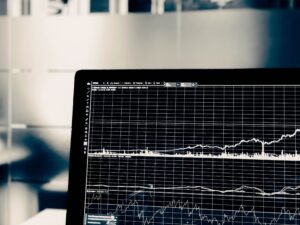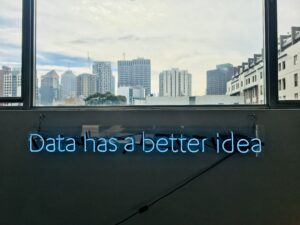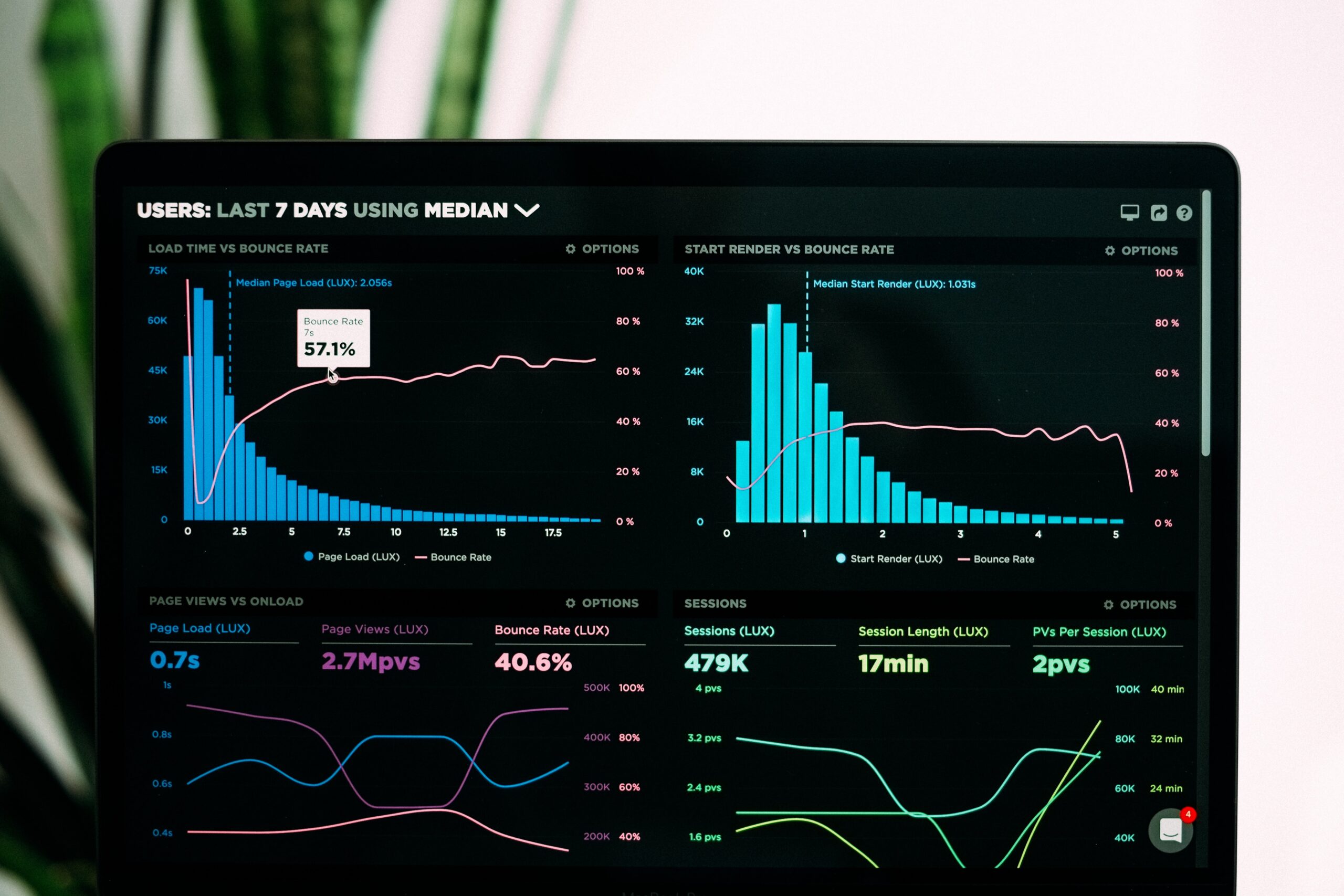Acquisition of your personal data: How and why do businesses collect your data?
As the internet and technology grow, so does the need for capturing and analyzing data. Businesses must keep up with data proliferation and find ways to contextualize data to draw new insights. These insights assist in making business decisions (marketing campaigns), gaining insight into consumer needs, and understanding day-to-day operations.
The IoT and AI are considerable contributors to data capture analysis. There are four primary areas of consumer data business collection: personal (PII),  engagement (social media & emails), behavioral (purchase histories & product usage), and attitudinal (metrics on consumer satisfaction). Data collection is done in a myriad of ways, the most common is through website activity and social media pages (Cookies and Web Beacons).
engagement (social media & emails), behavioral (purchase histories & product usage), and attitudinal (metrics on consumer satisfaction). Data collection is done in a myriad of ways, the most common is through website activity and social media pages (Cookies and Web Beacons).
Owning data is not enough, companies must be able to turn data into knowledge. The most significant asset to assist companies in turning data into the actionable analysis is machine learning and AI. As large amounts of data stream into the company, no human can sift through and analyze all the data. This would be time-consuming and overall inefficient. Machine learning and AI provide a way to break down the sea of data into manageable tidbits of actionable data.
 Now that we know how the data is collected and contextualized — how is it useful? Information is used to enhance customer experience by providing customers with more personalized options. It also helps businesses refine marketing strategy by seeing how consumers are engaging and responding to their marketing campaigns. Furthermore, data is big money. There are companies called data brokers, that provide customers with high-quality data/leads for an assortment of advertising activities. Some companies will use data as a means to secure data. An example is banking institutions. They may use voice recognition data to authorize access to their financial platform.
Now that we know how the data is collected and contextualized — how is it useful? Information is used to enhance customer experience by providing customers with more personalized options. It also helps businesses refine marketing strategy by seeing how consumers are engaging and responding to their marketing campaigns. Furthermore, data is big money. There are companies called data brokers, that provide customers with high-quality data/leads for an assortment of advertising activities. Some companies will use data as a means to secure data. An example is banking institutions. They may use voice recognition data to authorize access to their financial platform.
Data could almost be a more valuable commodity outside of gold. This is due in part to our rapid digital transformation of global industries and the need to maintain a competitive edge.
Consumer data is being collected around the clock. Governments are developing strict data and consumer privacy regulations designed to give consumers back modicum control over how their information is utilized. The two significant laws controlling data collection and use are the General Data Protection requirement (GDPR) and the California Consumer Privacy Act (CCPA). It is unlikely that data collection by private companies will go away, but rather the method by which these company’s collect and use data will instead adapt to new laws and regulations.
